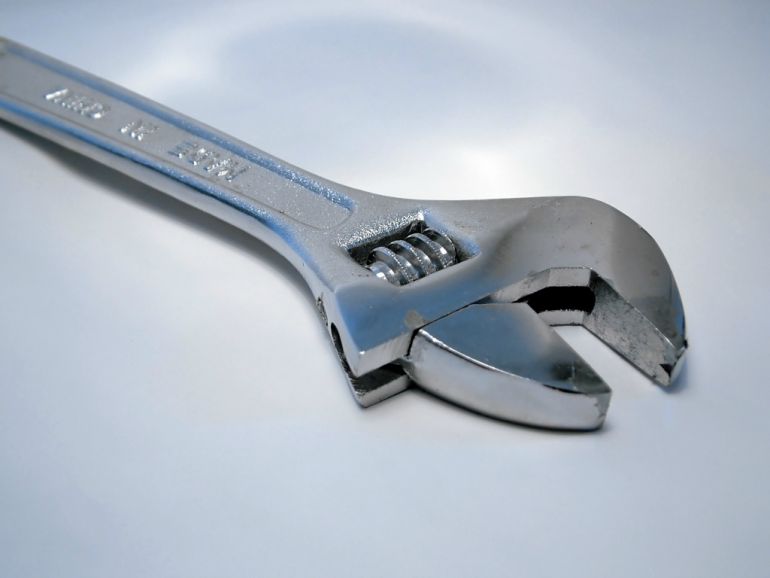Not functioning tap, defectively functioning air-conditioning installation or dripping roof are the cause of perpetual complaints for the ordinary tenant at the payment of another rent, which is also sometimes supported by the threat of non-payment and even nervous movements on the lease property market. The lessor is obliged to maintain the items in an useful condition to a discussed purpose in the duration of the lease, but do all cases of a local’s limited functionality cause concrete claims on the part of those who pay rent?
Well, the regulation of the civil code treats differently mutual rights and obligations of parties to the agreement in the area of improprieties requiring renovations, statutory regulated as minor and those which are considered as local’s defects. Only the last ones constitute a justified reason to make certain demands against lessor. It is worth to know and distinguish above situations and obligations resulting from it, for they may bring a claim against both tenant and lessor in concrete cases.
Parties, entering into a lease agreement of a local which is intended to pursuit of a certain commercial activity, are obliged to specify extensively the conditions which the tenant considers as necessary for a discussed purpose. Since this state will be considered as initial for the arrangement of mutual obligations’ scope in the duration of the agreement, an omission of it may be the reason of many arguments of entirely definitional nature with a profound importance. The confirmation of detailed contractual specification is usually signed subsequently by handover/release protocol parties, in which the existence of certain contractual usable requirements or its lack are confirmed. According to it, the lessor is obliged to make certain outlays or renovations in order to restore the local to the discussed functional condition.
However, in the case of a building’s change in the duration of the agreement, the tenant should firstly specify if a certain defect is situated in an open catalogue of defects being a subject to minor repairs, which according to the content of Article 662 § 2 of the Civil Code, should be made at his effort and expense. It is worth to remember that this obligation co-assigns the standard of a local’s proper use by the tenant. Moreover, as it was mentioned in the introduction, the omission of performing this obligation which is connected with the occurrence of concrete property and legal-forming rights on the part of the lessor who may claim from a tenant the compensation for the damage resulting from it (equal at least to repair costs) and even to terminate a lease without keeping notice periods, provided the omission takes a glaring size in a level which exposes the local to deeper reaching defects (in the case of other things being a subject to lease, the scope includes also the risk of losing things by neglect). In a natural way, these reservations will be adequately applied in a situation when although the repair cannot have a minor status for justified reasons but the defect was caused by fault of the local’s user. In such cases, if the local is destroyed as a result of willful activity of a tenant and it prevents a discussed useage, the lessor is not obliged to restore it to the original state. The agreement, in turn, expires due to impossibility of lessor’s providing and he satisfies a claim for compensation to the tenant.
The Article 662 § 2 of the Civil Code rather generally indicates that minor outlays, including renovations, are defined by normal using of things. In respect of local, the explanation of the definition is made by Article 681 of the Civil Code which points out that minor outlays charging the tenant include especially: minor repairs of floors, doors and windows, painting the walls, floors and the inside part of the front door as well as minor repairs of installations and technical devices which provide the useage of light, the local’s heating or inflow and outflow of the water. The calculation included in this Article is rather exemplary and the character of a repair according to technical features of the local specified by previously discussed usage as well as prevailing customs, will be always depended on its kind, size and cost. On the basis of theoretical arrangements, we may assume that, for instance, in accordance with statutory model, when the dysfunction of air-conditioning system results from neglecting of cyclical compulsory disinfections, the restoring it to the proper action charges the tenant.
Nevertheless, due to possible legal consequences of a disagreement in this area, especially in respect of economic activity localized in the rented local, usually the parties to the lease commercial agreement change or complete statutory established rules, for the character of these regulations is dispositive. Therefore, it is worth to take some time during negotiating mentioned conditions as well as constructing enumerative calculation clause. This a contrario interpreted scope will be the basis for concrete claims of the tenant towards the lessor, which will be described in the next part of the article.
